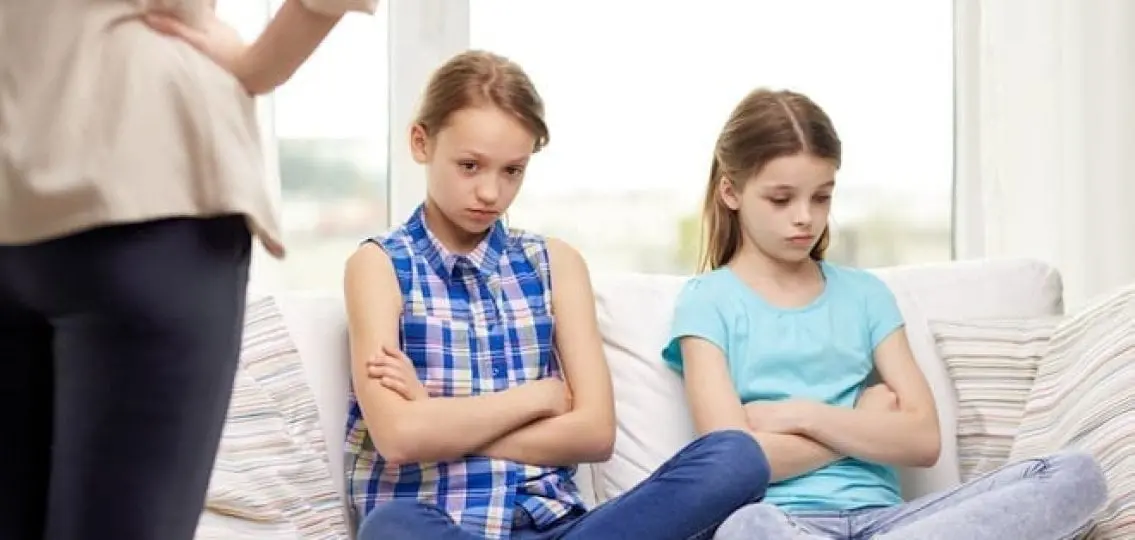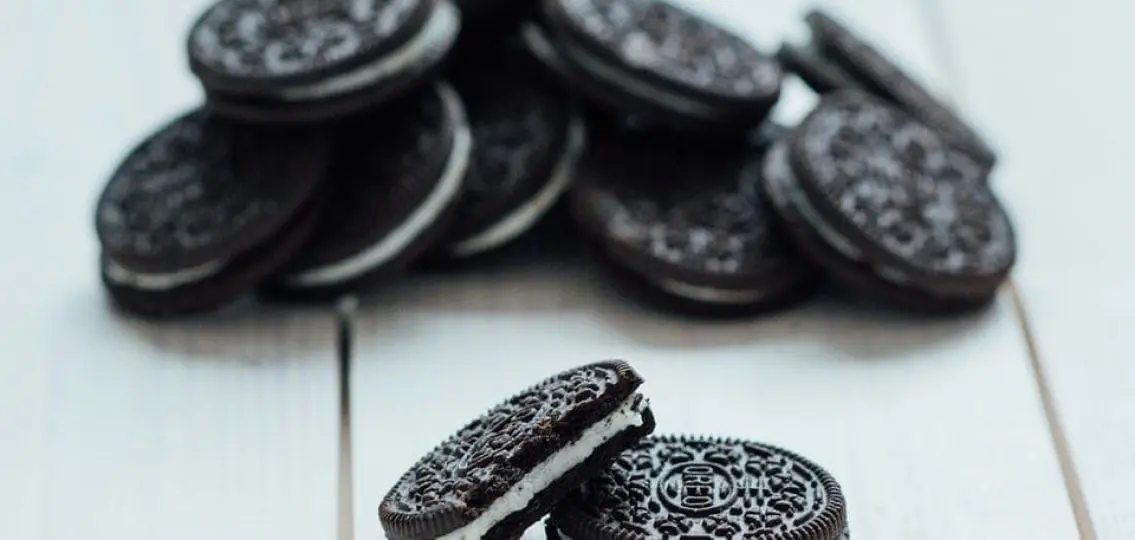You said no dessert. But wasn’t there a pack of Oreos in the pantry earlier?
You said no eyeliner until 7th grade. But what were those smudges on her pillowcase?
You said no playing Grand Theft Auto. But didn’t that look like GTA in the Instagram photo his friend just posted of them?

Few things can cause a parent’s blood to boil more than sneaky kids. The suspicion that their child is being sneaky can get a rise. And what’s an appropriate punishment?
Why Kids Lie
It’s natural for kids in middle school to experiment with some sneaky behavior, and most of the time, it’s harmless (although no less anger-inducing!). But why do teenagers lie?
Kids are sneaky for lots of reasons. Blame it on impulsivity, limited critical thinking skills, deep desire outweighing consequence. It doesn’t really matter. Whether it’s downright defiance or flighty forgetfulness, what matters is how you handle it.
What to Do When Your Kid is Sneaky
How do you respond when you suspect your child is a sneaky kid? Whether you have evidence or just a strong hunch, your first instinct is probably to teach them a lesson. That’s the best punishment for sneaky tweens, right?
Imagine your daughter asks to borrow your new shirt and you tell her, “Not yet. I haven’t worn it yet.” Later that day, you go to your closet to find that very shirt isn’t there. Hmmm … it did seem weird she walked out of the house with her jacket fully zipped to her chin.
You fantasize about greeting your sneaky kid at the bus stop. Demanding she remove her jacket right there, in front of everyone. Oh the pleasure of exposing your new shirt, her crime, your superior detective skills, and her guilt!
But play that out fully. Unless you can act this scene out with a cool detachment, the situation could easily backfire. If you yell, or shake, or lose control in any visible way, your daughter gains the upper hand. At the moment you lose any sense of calm, you’ve given your daughter something else to focus on.
It’s so much easier for tweens to act outraged at our outrage than to stop and process what they’ve done. We give them an easy out. Now they can put all their energy into being embarrassed or angry, and then, no lesson learned.
Instead, ask questions that indicate you think something is wrong and then … wait.
Try probing. But ask non-judgmental questions like, “I wonder where that shirt could have gone? I was really looking forward to wearing it to my meeting today.”
Chances are, your sneaky kid will simmer in guilt for a while. And guilt, in this case, is your friend. A 2007 study published in Psychological Science finds that guilt is our brain’s way of punishing ourselves, regulating future behavior, and encouraging us to heal our damages. We do our kids a disservice when we take away their capacity to self-regulate in this way.

Of course, if you have an epidemic of sneaky behaviors on your hands, you’ll need to address the issue more directly and specifically. But for the occasional act, the punishment for lying teenagers should start here. Keep your cool, put guilt and your child’s good conscience to work in your favor, and allow nature to take its course.




